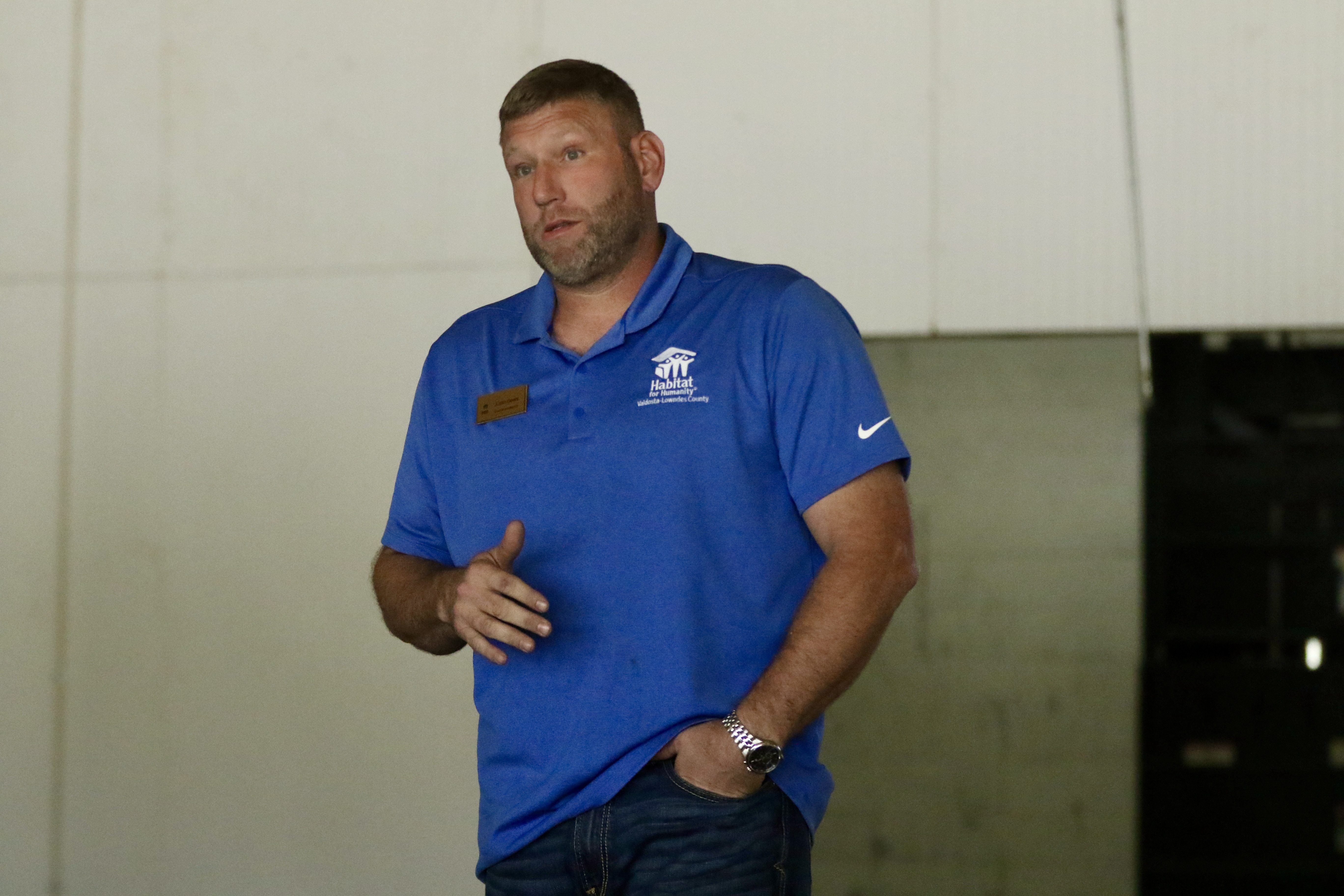Book Review: THE QUARTET: Joseph J. Ellis
Published 5:30 am Sunday, June 7, 2015
Joseph J. Ellis has made a career of writing histories on the American Revolution.
After a handful of books, Ellis’ “Founding Brothers” earned him best-seller status, a much-discussed series of stories regarding the founders, and a Pulitzer Prize.
None of his subsequent Revolutionary books have captured the public’s imagination as did “Founding Brothers,” nor do any of them match his brilliant combination of research, prose and story selection, but nearly each one deserves attention by any reader interested in the era.
The same holds true for his latest, “The Quartet: Orchestrating the Second American Revolution, 1783-1789.”
Ellis poses that the Revolutionary War was a revolution for independence from Britain. It was not a revolution for an American nation. Instead, the 13 colonies/states united to establish autonomy from Britain as 13 sovereign entities.
In the aftermath of independence, the union between the 13 states faltered. Their shared Articles of Confederation failed to reconcile the wartime alliance with the needs of post-war independence. The states ran the risk of becoming a collection of small, bickering countries similar to Europe.
Facing a growing number of unanswerable consequences of the ineffective Articles, leaders from several states gathered to create government guidelines in the Constitutional Convention.
The call for a new Constitution, the convention and the Constitution’s
ratification are the
Second American Revolution mentioned in Ellis’ title. It is the second
revolution that made America a nation, according to his book.
Ellis writes that four men led the Second Revolution: George Washington, James Madison, Alexander Hamilton, and John Jay. They are “The Quartet” of the title.
All four men understood the Articles’ defects and realized the need for a stronger union to address American problems. Madison, Jay and Hamilton also knew that Washington was the only person with the ability and gravitas to sway people to stop thinking of themselves primarily as citizens of a state and instead as Americans. Having resigned from public service as the commander of the Continental Army, Washington was reluctant to return to public business despite the recognized need for a change.
Compared to “Founding Brothers,” many readers will find “The Quartet” a dry narrative. Still, “The Quartet” has a great story to tell of the nation’s founding.
It serves as a strong reminder to modern Americans that the nation stood in just as much jeopardy from an unwillingness to compromise on a national level as it did against the British forces.





